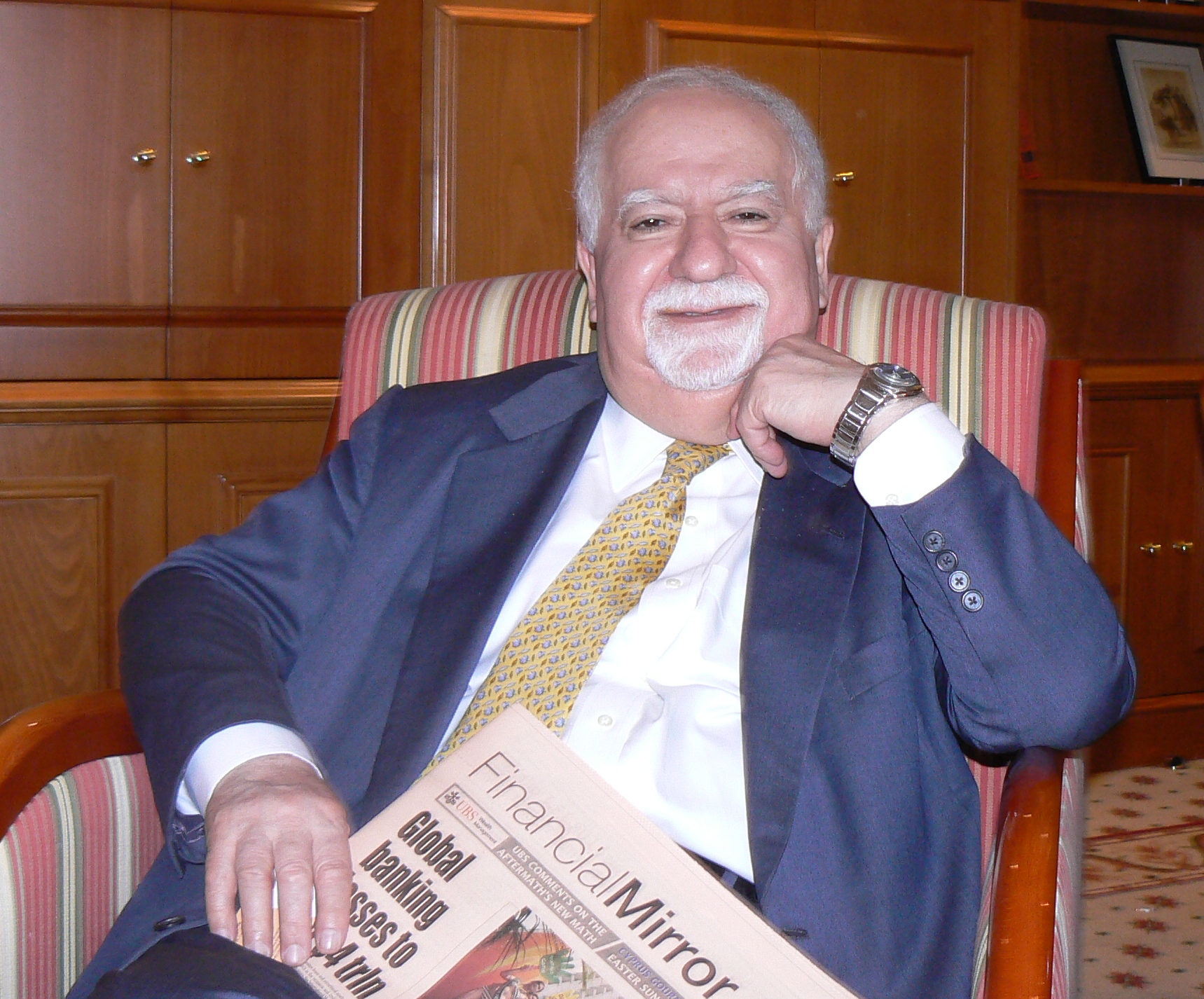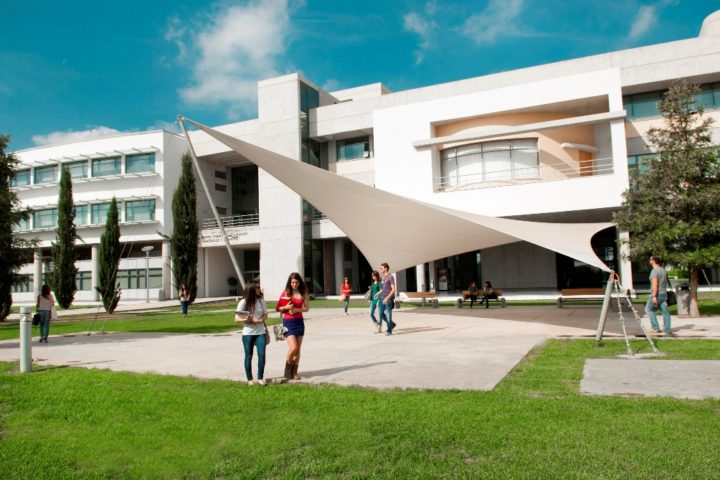— Tells Cyprus audience that more must be invested —
Education is deteriorating around the world as knowledge has been replaced by too many specialised courses that are on offer in colleges and universities, according to Vartan Gregorian, President of Carnegie Corporation of New York and a leading expert on education.
Gregorian was the keynote speaker at the sixth annual Dinos Leventis memorial lecture hosted last night by the University of Cyprus, where he discussed “Education in an Era of Specialised Knowledge.”
“We are being offered too many specialised courses. I don’t want us to become the Home Depot of education, without any knowledge,” he told the Financial Mirror in an interview conducted earlier.
“We are living in a high knowledge society, with a well trained workforce, but that is not enough” he said, adding that “the greatest challenge is in America where we have to educate everyone.”
“In the 19th century, America could afford to see half of its student population drop out of school,” Gregorian said. But now, the need for a knowledge-based society is exerting great pressure on the education system.
“It’s not that America is falling behind, it’s the others that are catching up,” he said.
Vartan Gregorian is the twelfth president of Carnegie Corporation, a grant-making institution founded by Andrew Carnegie in 1911.
Carnegie who entered the United States as an immigrant and became one of its richest citizens, building up a steel empire which he subsequently sold to JP Morgan for 490 mln dollars and became the biggest philanthropist in the country’s history.
“During that time, John D Rockefeller said that philanthropy (and not charity) is a way to ending poverty – not to make people dependent, but independent,” explained Gregorian.
Differentiating philanthropy from charity, Andrew Carnegie is also attributed with some of the most wise words in business, such as “With wealth comes responsibility” and “Capitalists are trustees of wealth”, as well as “Those who die rich, die disgraced.”
At present, the Carnegie endowments focus on scientific philanthropy, international peace and education, in addition to maintaining other non-profits such as the Carnegie Hall and many other beneficiaries in the arts and sciences.
Greater emphasis on education
The emphasis on education became greater when Gregorian joined Carnegie twelve years ago.
“Through education comes responsible citizenry, which best serves democracy,” is his philosophy, as these lead to multiculturalism.
He should know best, as just like the founder of the corporation, Gregorian too is an immigrant. He was born in Iran to Armenian parents who moved to the U.S. where Vartan majored in history and the humanities at Stanford. He soon became an educator with his teaching and administrative career taking him across the U.S. to some of the leading universities in the country, becoming provost of the University of Pennsylvania and president of Browns University. He ended up serving as president of the New York Public Library for eight years before joining Carnegie as the second immigrant president, just like the founder.
Gregorian said that beyond being a visionary, Carnegie was an innovator as well, as he helped establish the first teachers’ pension fund in the U.S. that totalled 11 mln dollars in 1911. Today, it is a multi-billion foundation that looks after the welfare of teachers and invests in training and education programmes.
The Carnegie Corporation is also credited with building bridges in world politics. For the past 25 years, it has united US congressmen and senators together with scholars for five days each year. It has reached across to Russia and other areas where, through investing in higher education, it helps build up open and free societies. In education, it provides African women with fellowships for 3-4 years with 2,000 graduates so far, mostly in the sciences, who will become the future academicians and civil servants of their countries. It also runs peace and higher education programmes in Eurasia – Armenia, Azerbaijan and Georgia.
At home, Carnegie is involved with immigration issues as well, where as a policy it strives towards assimilation but not integration, offering advice to government agencies and even to the current Obama Administration.
Gregorian said that ‘knowledge’ will be the cornerstone of the foundation’s first centennial in 2011, as the Carnegie Corporation strives towards improving Russian and trans-Atlantic ties, and looks into the future of education and reinforcing civil society.
“What is important for people in Cyprus to know is that there are 1.6 mln non-profits in America. One in ten Americans work for a non-profit,” he said, adding that more people work in higher education in the U.S. than the steel, automobile and the textile industries combined.
“All available information doubles every 11 days. But I wish knowledge increased by that number as well. We know how to use technology, but don’t know the science behind that technology,” Gregorian said.
“Just training people is not enough, even education is not enough. Culture is the yeast of society.”










